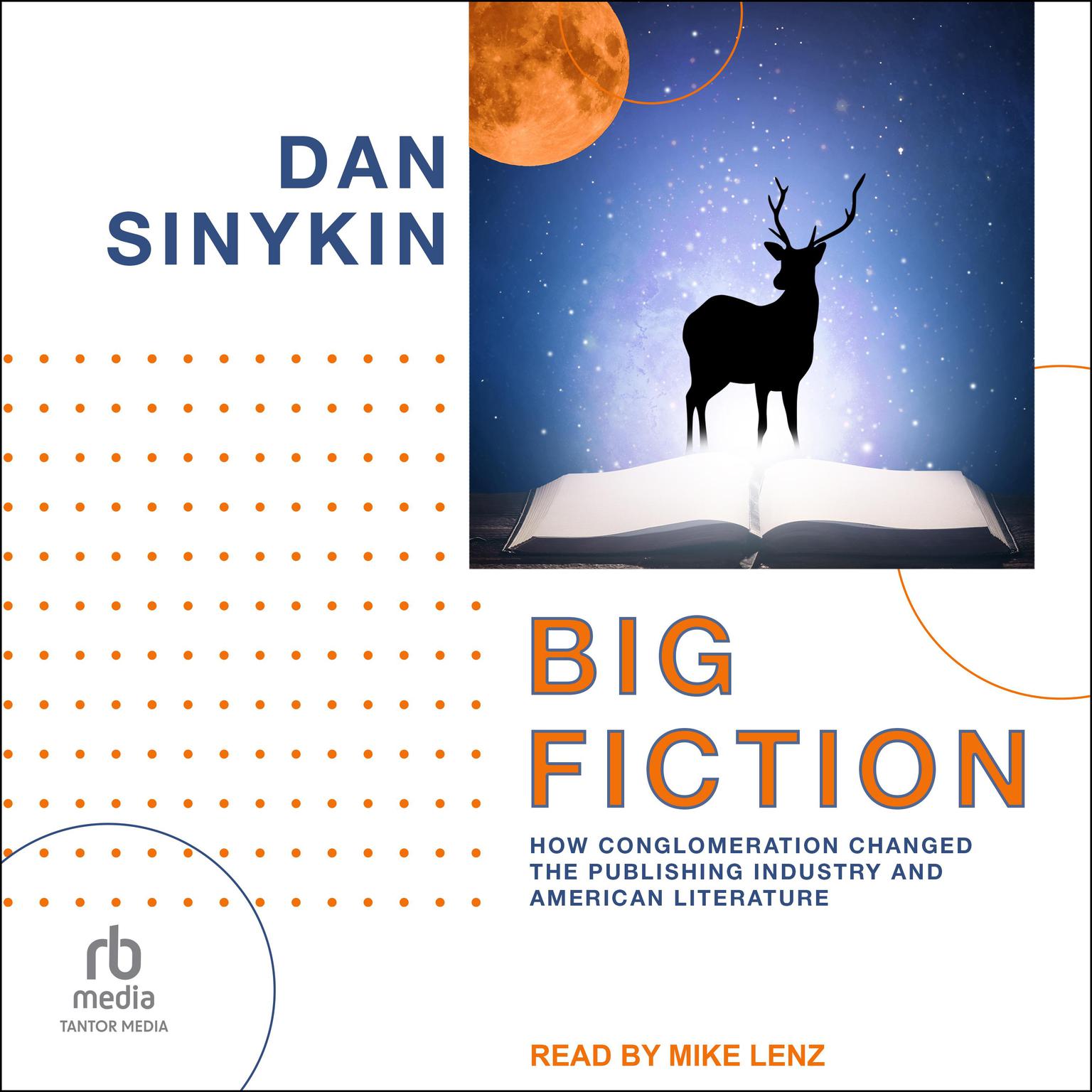 Play Audiobook Sample
Play Audiobook Sample
Big Fiction: How Conglomeration Changed the Publishing Industry and American Literature Audiobook
 Play Audiobook Sample
Play Audiobook Sample
Quick Stats About this Audiobook
Total Audiobook Chapters:
Longest Chapter Length:
Shortest Chapter Length:
Average Chapter Length:
Audiobooks by this Author:
Publisher Description
In the late 1950s, Random House editor Jason Epstein would talk jazz with Ralph Ellison or chat with Andy Warhol while pouring drinks in his office. By the 1970s, editors were poring over profit-and-loss statements. The electronics company RCA bought Random House in 1965, and then other large corporations purchased other formerly independent publishers. As multinational conglomerates consolidated the industry, the business of literature—and literature itself—transformed.
Dan Sinykin explores how changes in the publishing industry have affected fiction, literary form, and what it means to be an author. Giving an inside look at the industry's daily routines, personal dramas, and institutional crises, he reveals how conglomeration has shaped what kinds of books and writers are published. Sinykin examines four different sectors of the publishing industry: mass-market books by brand-name authors like Danielle Steel; trade publishers that encouraged genre elements in literary fiction; nonprofits such as Graywolf that aspired to protect literature from market pressures; and the distinctive niche of employee-owned W. W. Norton. He emphasizes how women and people of color navigated shifts in publishing, arguing that writers such as Toni Morrison allegorized their experiences in their fiction. This deeply original book recasts the past six decades of American fiction.
Download and start listening now!
Big Fiction Listener Reviews
Be the first to write a review about this audiobook!


